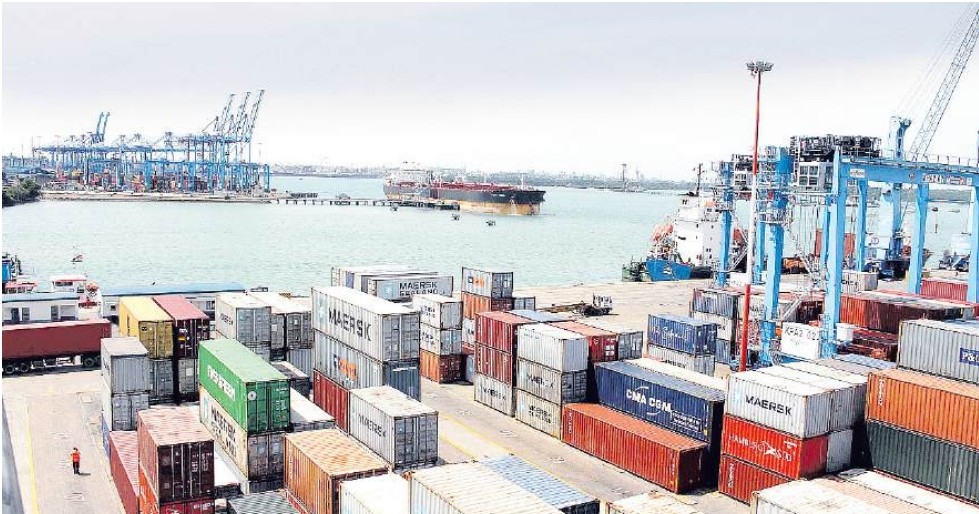Wheat and rice imports were high in July, according to a food security monitoring report.
The Alliance for a Green Revolution's July Food Security Monitoring report indicates that many countries in East Africa imported more than they exported.
The report released on Wednesday showed that Kenya had a trade deficit across all major grain commodities, with increased imports recorded for maize, sorghum and wheat.
“The country had a high import dependency recorded for rice and wheat with imports accounting for 81 per cent and 80 per cent of the country’s total supplies respectively,” the report states.
Neighbouring countries like Tanzania and Uganda also experienced trade deficit across all major commodities with exports recorded for maize, rice, sorghum, wheat and soybean.
Import dependency was high for wheat as imports accounted for 86 per cent and 85 per cent of the total supplies for Tanzania and Uganda.
Ethiopia had a trade deficit across most commodities except soybean. Exports were recorded for sorghum and soybean with high import dependency recorded for rice, where imports accounted for 86 per cent of the country’s total supplies.
Rwanda had a trade deficit across all the commodities, but with exports recorded only for maize. The country had a high wheat import dependency with imports accounting for 58 per cent of the country’s total supplies.
South Sudan recorded a negative trade balance across major grain commodities but with no exports recorded during the month.
The report reveals that as the Covid-19 pandemic continues to worsen, the impact on economies persists. This has seen governments implementing response measures which seek to minimise the spread of the pandemic while also minimising its impact on economic performance.
The food trade trends showed the commitment by governments to facilitate trade by implementing open trade policies, which are having varying impacts on food trade and food security.
The report says Kenya has maintained its dairy protectionist policy which restricts imports from Uganda.
“To this end, the Kenya Dairy Board continues to decline issuing permits to Ugandan milk producers and exporters. On the 29th of July, Uganda’s Speaker of Parliament Rebecca Kadaga stated publicly that producers of milk and other dairy products remain concerned about the continued imposition of non-tariff barriers affecting trade in the region," the report says.
"This dispute has resulted in a significant decline in milk exports between the two countries impacting various actors along the milk value chain.”
Edited by Henry Makori












![[PHOTOS] Ruto present as NIS boss Noordin Haji's son weds](/_next/image?url=https%3A%2F%2Fcdn.radioafrica.digital%2Fimage%2F2025%2F11%2Ff8833a6a-7b6b-4e15-b378-8624f16917f0.jpg&w=3840&q=100)




